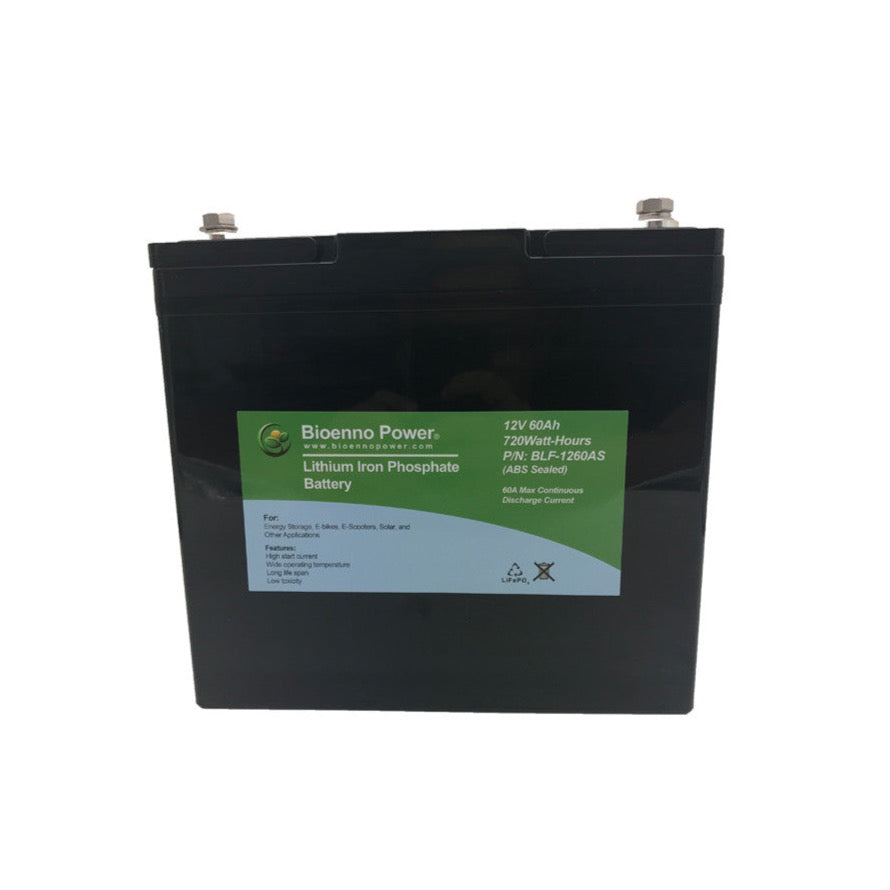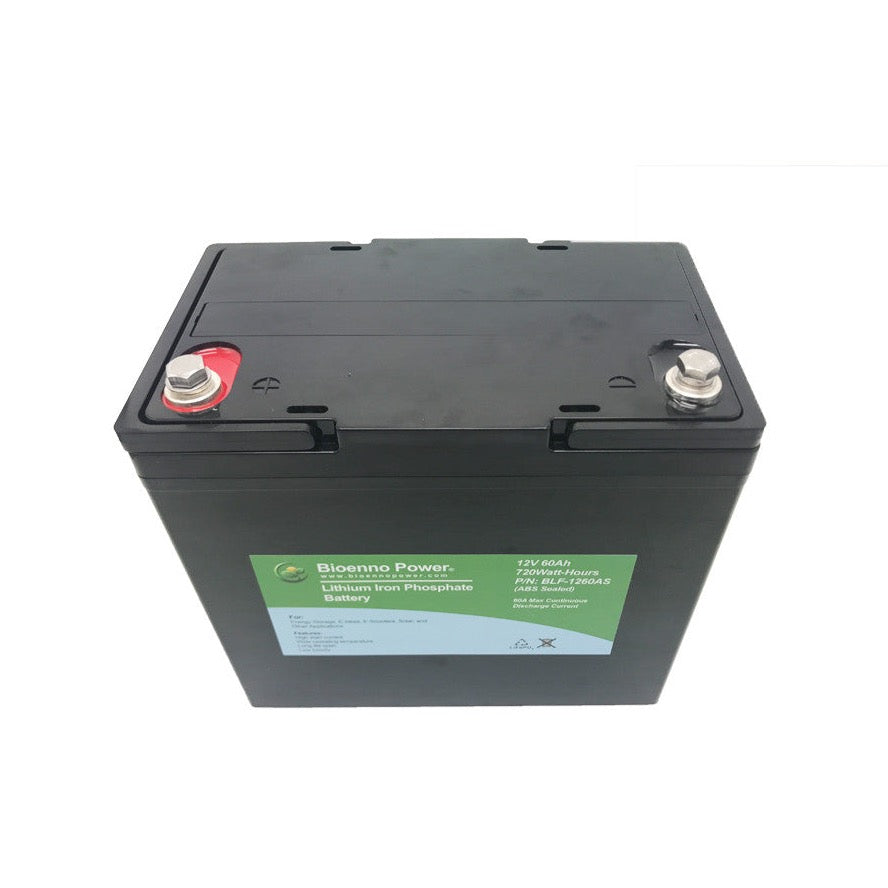Cycle Life in Batteries: An Essential Guide
Batteries are the unsung heroes of our modern lives. From the devices we use daily to the electric vehicles we drive, batteries power our world. But have you ever wondered how long a battery can last before it needs to be replaced? This is where the concept of "Cycle Life" comes into play. In this comprehensive guide, we will delve into the intricate details of Cycle Life: What It Means and Why It Matters for Your Battery.
Understanding Cycle Life
Defining Battery Cycle Life
Cycle Life, in the realm of batteries, refers to the number of charge and discharge cycles a battery can undergo before its capacity degrades to a certain predefined level, often around 80% of its original capacity. In simpler terms, it's how many times you can recharge and use your battery before it starts losing efficiency.
The Chemistry Behind Battery Life
Different batteries exhibit varying cycle life characteristics due to their underlying chemistry. For instance, lithium-ion batteries commonly found in smartphones and laptops have a cycle life of about 300-500 charge cycles. In contrast, lead-acid batteries, used in automotive applications, can endure approximately 200-300 cycles.
The Importance of Cycle Life in Batteries
Cost-Effective Longevity
One of the primary reasons Cycle Life matters is cost-effectiveness. When you invest in a device or vehicle with a battery, you want it to last as long as possible. Batteries are expensive to replace, so maximizing their cycle life can save you money in the long run.
Sustainability
Extending the cycle life of batteries is not only economical but also environmentally friendly. Reducing the frequency of battery replacements reduces the overall environmental impact, as battery production and disposal can be harmful to the planet.
Reliable Performance
Cycle Life is directly linked to the performance of your battery. As a battery's cycle life diminishes, so does its ability to hold a charge and deliver power consistently. This can lead to frustrating power shortages and reduced device or vehicle performance.
Practical Tips to Extend Cycle Life
Proper Charging Habits
One of the most effective ways to extend your battery's cycle life is to adopt good charging practices. Avoid overcharging your devices, and unplug them once they reach full charge. This prevents unnecessary stress on the battery.
Ideal Operating Temperature
Batteries perform best within a certain temperature range. Extreme cold or heat can adversely affect cycle life. Keeping your devices or vehicles within the recommended temperature range can help preserve battery health.
Use Quality Chargers
Investing in high-quality chargers that match your device's specifications can prevent overcharging and overheating, thus prolonging your battery's cycle life.
Partial Discharges
Lithium-ion batteries, in particular, benefit from partial discharges instead of fully draining them before recharging. Frequent full discharges can reduce cycle life.
Storage Conditions
If you need to store a device or battery for an extended period, it's essential to store it at a partial charge (around 50%) in a cool, dry place. This prevents the battery from deteriorating during storage.
FAQs
Q: Can I improve my battery's cycle life by avoiding heavy usage? A: While heavy usage can lead to more frequent charging cycles, it's primarily how you charge and maintain your battery that affects its cycle life.
Q: Is it necessary to charge my device overnight? A: Charging your device overnight can lead to overcharging, which is not ideal for battery health. It's best to unplug your device once it reaches full charge.
Q: Does using a fast charger reduce cycle life? A: Fast charging can generate more heat, which can affect cycle life over time. It's advisable to use fast charging sparingly if maximizing cycle life is a priority.
Q: Can extreme cold weather damage my battery? A: Yes, extreme cold can temporarily reduce battery performance, but it typically does not cause long-term damage. However, it's best to keep batteries within recommended temperature ranges.
Q: Are there any apps or software that can help monitor battery health? A: Yes, many apps and software tools can provide insights into your battery's health and offer recommendations for extending its cycle life.
Q: What should I do with old batteries? A: Properly recycle old batteries through designated recycling programs to minimize their environmental impact.
Conclusion
Cycle Life is a crucial factor to consider when it comes to the longevity and performance of your batteries. By understanding what it means and why it matters, and by adopting good practices in charging and maintenance, you can make the most of your batteries. Remember, a longer cycle life not only saves you money but also contributes to a more sustainable and reliable future.










